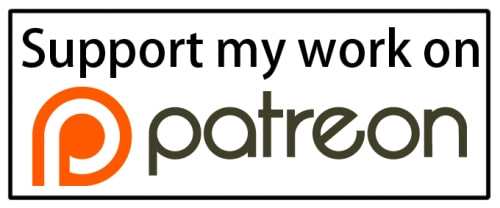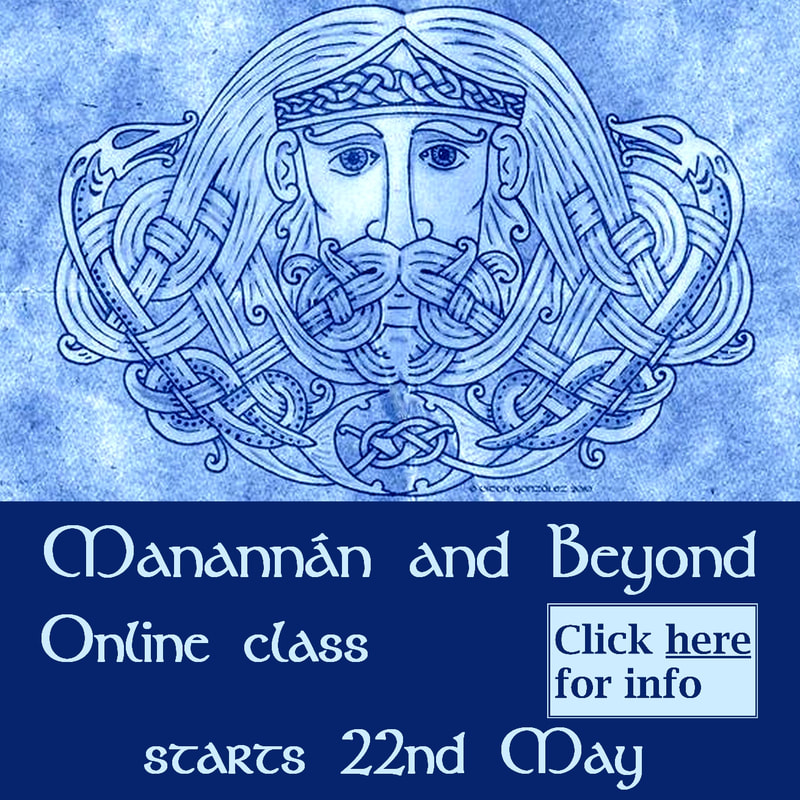- Collins Dictionary
Over the past couple of years I’ve been thinking about this question of “hard polytheism” and “soft polytheism”, and I see a few problems. Now, those problems may have to do with how people define their terms, so let’s try to get that out of the way first.
There’s a tendency to paint a black and white picture. In most cases, that read as “Unless you believe exactly this,” it isn’t hard polytheism, and therefore it is soft polytheism – often followed by, “and therefore, you are not a polytheist.” Oh, dear.
There is noticeable peer pressure, in polytheist and reconstructionist circles, to insist on hard polytheism. (I think a bit of fundamentalism is creeping in, but that’s a different conversation.) Since I’m writing this, you may be assuming that I’m about to announce that I’m not a hard polytheist. Not really. However, I am frustrated by entrenched dichotomies. Generally, Pagans aren’t too keen on these, either. Good and evil – for example.
I can only speak for my own experiences with deities, and that lies almost entirely with Celtic deities (in the wider sense of “Celtic”). In Patrick Sims-Williams book Irish Influence on Medieval Welsh Literature (p. 9-11), he talks about the question of deities with similar names, and divides these into three categories: cognates, borrowings, and translations. Hopefully, I can summarise his ideas here.
| Sims-Williams defines cognates as names which stem from a common parent language. He considers, and cites other experts who agree, that this is likely to cover the majority of gods and heroes in insular literature. The names come from Indo-European, or Common Celtic, etc. Borrowings, or loans, are easy to define. Culture A has a particular goddess. Culture B likes the name, so they borrow it. Probably because they’ve borrowed the goddess, too. In the translation scenario, a deity’s name gets translated when the deity is borrowed into a new culture. Some people would argue that this is the case with Maponos, or Mabon ap Modron, and the epithet’s given to An Dagda’s son Áengus, who is sometimes called Mac ind Óc, or maccan óc. I don’t think that the issue of |
The problem is, that while we can define these three categories, it is much harder to distinguish which category we’re looking at when we compare the names of two deities, and even when we can, does it tell us whether we’re looking at one deity or two? If I had a twin sister called Krista Hughes, I would argue that we are two different people. If I’m called Ms Hughes at work and Kris at home, I am still the same person, and would prefer to be viewed as an integrated whole. But someone encountering my name from just a few historical references, might not be able to see all this.
Can mythology clear this up?
No. But let me muddy the water for you a little. Most people consider that the Irish Lugh and the Welsh Lleu relate, somehow, to the continental Lugus. However, most of the details of their myths are different – at least on the surface. I would argue that if you dig a little deeper there are quite a few similarities, but I see that they are still quite divergent. On the other hand, the story of Rhiannon in The Mabinogi, and the story of Macha, in The Tain, while not the same, have ten or twelve points of similarity – yet their names are unrelated. Art the two goddesses related? If so, what does that relationship imply? I don’t have the answer, but both from an analytical, academic viewpoint, and from a spiritual one, I’m convinced that the relationship is worth investigating. I’m not going to cover my ears, and say, “la-la-la-la I don’t want to hear about this,” for fear of compromising my purity as a hard polytheist.
Are Lleu and Lugh the same deity? I don’t know. They don’t feel quite the same to me. Maybe more like overlapping pieces of the same deity? Like there is something going on – if you reach back past the stories, to what’s behind the stories, there’s an underlying something. I don’t feel the need to arrive at an answer to this. I think I understand each of them better as a result of understanding the other. I am not talking about archetypes here, and I am definitely not talking about universalism. I’m just saying I recognise the complexity of their history.
I get a lot of inspiration from working with myths. I get more than inspiration, actually. Working with myths is a devotional practice for me, and a big part (certainly not the only part, though) of how I draw close to deities and interact with them. The more I do this, however, the more I find a lot of connections between deities and maybe a few blurry edges. Rather than find this worrying, or a problem to be solved, I celebrate it. I see it as a deepening of my understanding sometimes, and at others it’s more like my attention has been drawn to a great mystery. And I mean mystery in the spiritual sense, not in the “what’s the answer?” sense. I mean “A truth that is divinely revealed but otherwise unknowable.”

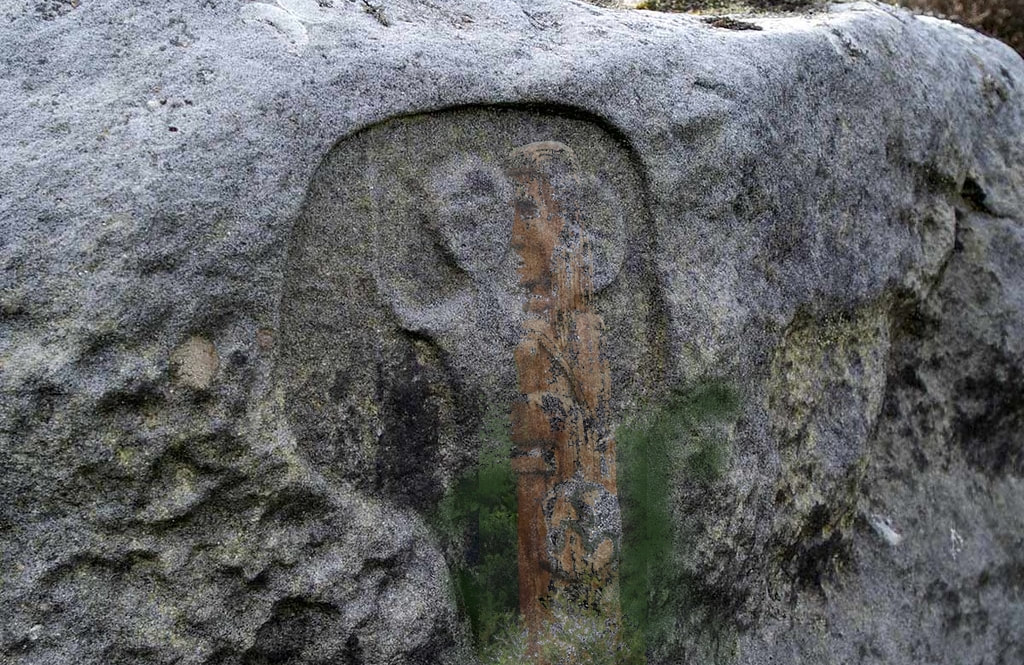
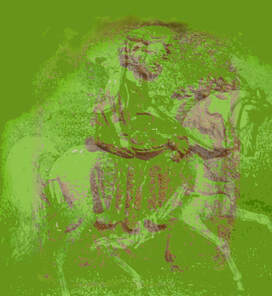
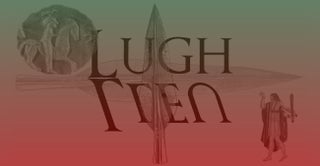
 RSS Feed
RSS Feed


